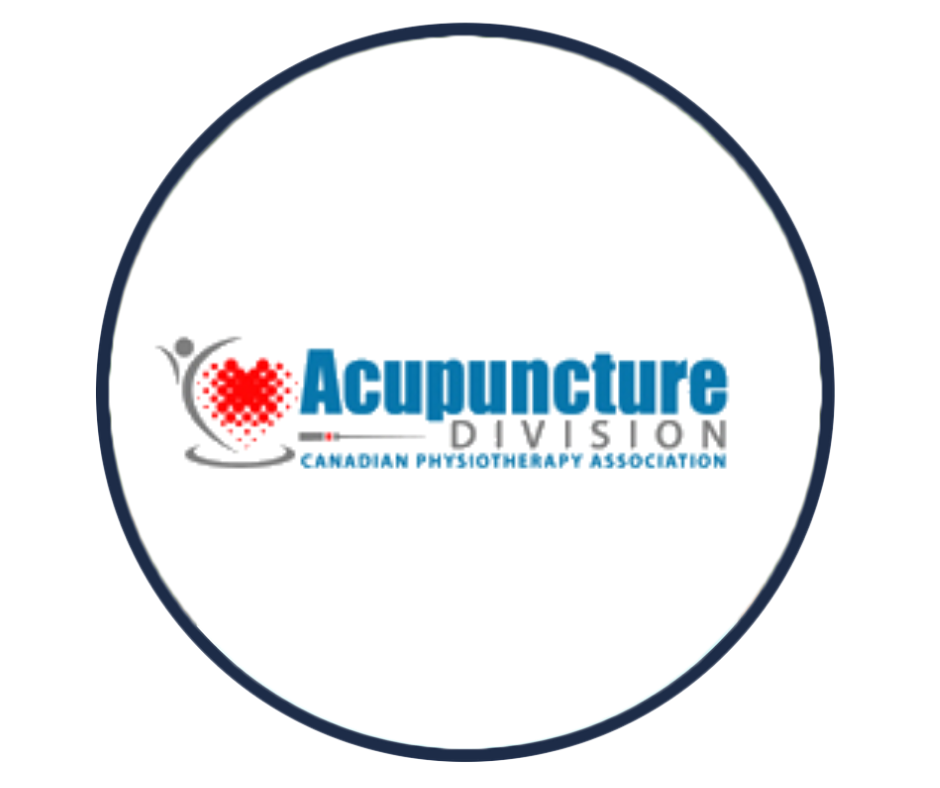Application of Neuro-Anatomical Electro-Acupuncture for Knee Pain

Application of Neuro-Anatomical Electro-Acupuncture for Knee Pain
This course includes
The instructors
Background
Statistics Canada (2009) reported the average prevalence of knee pain (experienced within the last month) to be 29.4% of Canadians. Factors that contribute to arthralgia in the knee include:
- Autoimmune processes
- Trauma, obesity
- Degeneration
- Myofascial trigger point
- Joint misalignment
- Weight-bearing and
- Nerve impingement
Some of the above factors to arthralgia are beyond the scope of practice for physical medicine practitioners, while others with a neuro myofascial etiology can be successfully rehabilitated with physiotherapy and acupuncture.
Relevance to Physiotherapy Practice
Understanding the neuro-anatomical basis for knee pain does not in itself enable the clinician to design acupuncture-based strategies to mitigate its causative factors.
This online course will outline the S.M.A.R.T point selection strategy guideline to help neuro-anatomical acupuncturists be able to design protocols to address common knee pain and dysfunction. SMART is an acronym for Sensory, Motor, Autonomic/Auricular, Radiculopathy and Trigger points.
Learning Objectives
Upon completion of this online course participants will be able to:
- Apply electro-acupuncture settings based on peer-reviewed research.
- Create neuro-anatomic acupuncture protocols that integrate peripheral, central and autonomic nervous systems.
- Treat common knee pain & dysfunction such as patellofemoral joint syndrome, patellar tracking dysfunction, tibial rotatory instability, iliotibial band syndrome, pes anserine tendinosis with electro-acupuncture.
Audience
This course, delivered by the Canadian Physiotherapy Association, is suited for any physiotherapist or rehabilitation practitioner interested in applying acupuncture to remediate orthopedic disorders. Experience with electro-acupuncture is an asset, but not a prerequisite.
Presenter: Poney Chiang, PhD, MSTOM, R.Ac, R.TCMP

Poney Chiang is an adjunct professor and the founding director of the Integrative Acupuncture Certificate Program for the Faculty of Health at York University. He is also the Chair of the Herbal Medicine Department at the Ontario College of Traditional Chinese Medicine.
He received a Bachelor's degree in microbiology and a Doctoral degree in biomedical research from the Institute of Medical Science, University of Toronto. This was followed by a Master’s degree in Traditional Oriental Medicine from Pacific College of Oriental Medicine in New York. He apprenticed for five years in a medical lineage that once consulted for the Forbidden Palace.
Poney began teaching in 2008 and has offered his acupuncture training program at professional development events for various organizations locally and internationally. He has been invited to lecture at the Contemporary Medical Acupuncture Symposium, World Federation Acupuncture Society, American Academy of Medical Acupuncture, Canadian Physiotherapy Association, Acupuncture Council of Ontario; Ordre des Acupuncteurs du Quebec as well as physician/physiotherapist groups in Brazil, Spain, Italy, and India.
His research interests include cadaver-dissection of acupuncture points and translation of Chinese medicine classics. He has authored peer-reviewed articles in Eastern and Western acupuncture journals and supervises students on peer-reviewed research publications. Poney is currently focused on writing an integrative acupuncture textbook. His hobbies include mind-body cultivation exercises and historical swordsmanship.
The instructors


The Acupuncture Division of the Canadian Physiotherapy Association supports physiotherapists and physiotherapist assistants in advancing the use of acupuncture as an established core competency in physiotherapy clinical practice.
Vision
To promote acupuncture and encourage an actively engaged membership who are committed to lifelong learning and excellence in practice in order to promote health and well-being among their patients.
Mission
To provide leadership and direction to physiotherapists and physiotherapy assistants who are members of the Acupuncture Division of the Canadian Physiotherapy Association in advancing the utilization of acupuncture in clinical practice by promoting excellence in direct care, education and research.
Material included in this course
-
Application of Neuro-anatomical Electro-acupuncture for Knee Pain
-
Welcome
-
Application of Neuro-anatomical Electro-acupuncture for Knee Pain
-
Knowledge Check - MCQ
-
What's Next
-
Feedback